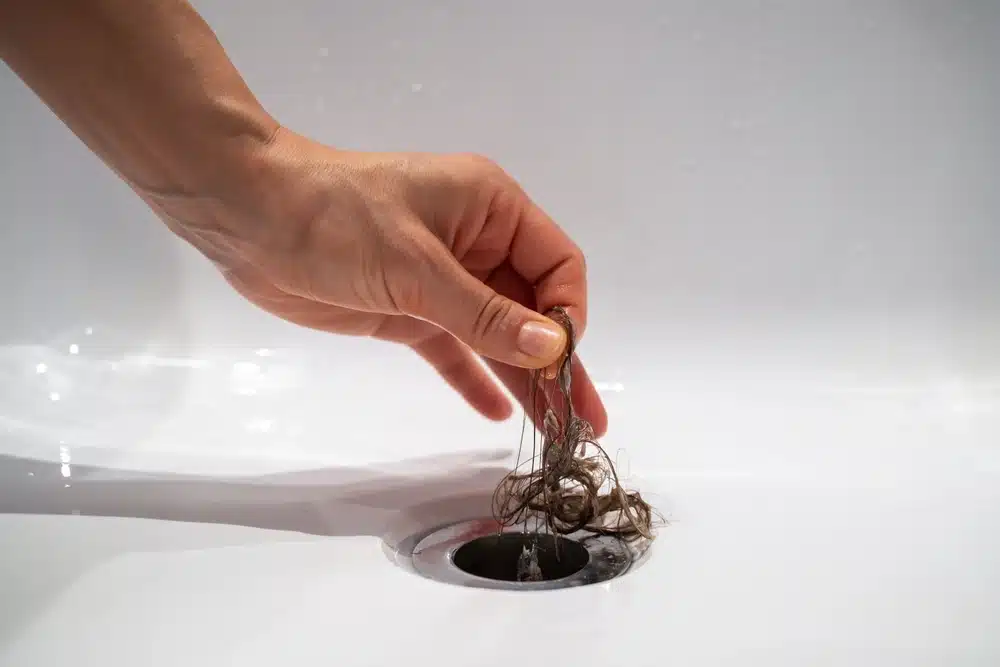We’ve discussed different lifestyle choices in the past and discussed how different factors and choices can have an effect on the health of your hair, and how some choices can lead to hair loss and some can even lead to growth.
One major lifestyle factor that has an impact on your hair is your diet. Today we’re looking at intermittent fasting and if it can actually help your hair regrow.
What is intermittent fasting?
Intermittent fasting is the process of going in and out of periods of eating and not eating. Intermittent fasting can cause people to lose weight, however, it is less of a diet and more of a lifestyle choice which can lead to a number of health benefits. It is thought that intermittent fasting can increase energy, promote cellular repair and autophagy, lower cholesterol and even promote longevity.
There are different methods of intermittent fasting such as 5:2, this is where you eat normally for five days a week and fast for two days, eat-stop-eat, this is where you restrict all food for 24 hours, once or twice a week, and 18/8, where you eat all of your datil calories within a shortened period of time – typically 6 to 8 hours and fast for the remaining hours.
Intermittent fasting and your hair
Over time, we’ve reviewed a lot of different searches queries and questions related to different diets and how they can causes changes to your hair over time. Something we’ve seen a lot of recently is questions regarding hair regrowth linked to intermittent fasting and if fasting can actually lead to your hair becoming healthier and thicker.
The short answer is no, intermittent fasting does not have any proven benefits to causing hair growth, however, if the diet is undertaken properly it can over time cause hair to become stronger and healthier. In many cases, those who start intermittent fasting can actually experience temporary hair loss.
There are a number of reasons that you could experience hair loss due to a change in diet, such as;
Calorie deficits: when opting for a diet in which you spend some time fasting, you will more than likely be intaking fewer calories over the course of a week that before you were fasting. This can lead to a calorie deficit that your body is not used too and low calorie diets can impact the health of the hair. Lowering your calories dramatically can cause major weight loss and studies have shown this can cause hair loss.
Stress: stress is one of the main causes of hair loss, and if your body undergoes a major dietary transition can lead to your stress levels being much higher than usual. Your body should adjust to this change pretty quickly, however, if you do not get your diet quite right you can experience stress due to nutritional deficiencies, calorie restriction and psychological stress.
Lack of key nutrients: again, fasting does not mean you have to change your diet and what you eat – you’re more so concentrating on changing the times of when you can and can’t eat. However, when making changes to your diet it can become easy to miss out key nutrients and minerals your body needs to ensure your hair remains healthy and strong. See here for tips on ensuring your diet is balanced to help keep your hair healthy.
If you would like more information on hair loss please take a look at our news section for more articles from the Harley Street Hair Clinic.

